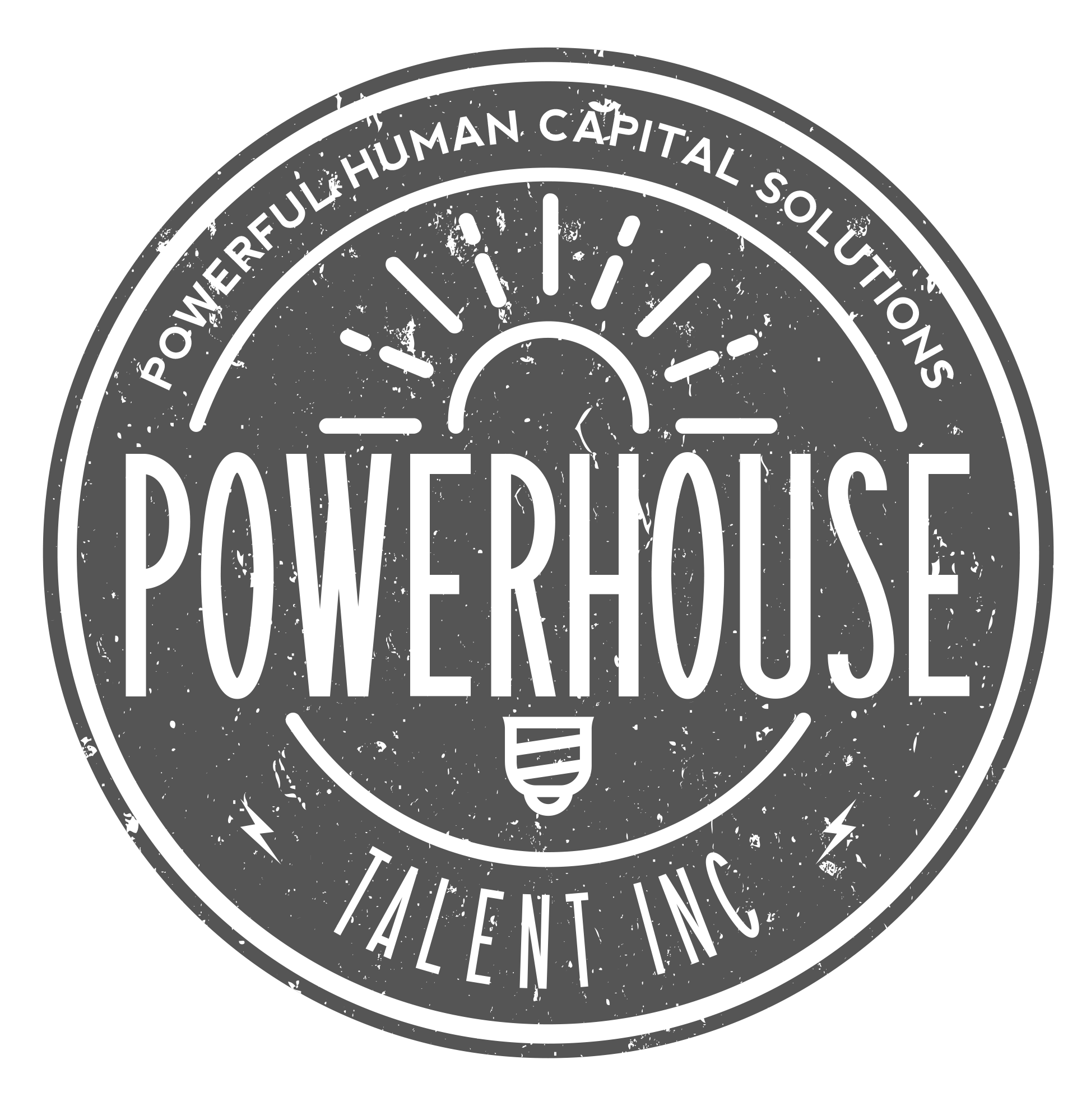It’s a battleground out there. The war for critical, game-changing talent continues.
The best minds have options and do their research. Your employer brand is so much more than pretty pictures and marketing – it’s a peephole into the soul of your company. Why should great talent consider you? What does it feel like to work with your company? If done right, your employer brand can build belonging and unity for both prospective and existing employees. A great brand can build employee pride and connection.
These are critical ingredients to a strong organizational culture. According to Deloitte’s Global Human Capital Trends 2015, 87 per cent of organizations cite culture and engagement as one of their top challenges. If you are not making your talent brand a priority, you are in the minority. Compared to last year, 59 per cent of organizations are investing more in their employer brands, says a LinkedIn study on global recruitment trends.
Here are 5 ways you can protect your employer brand:
Get a voice
Let your voice shape your brand, not others. Whether you realize it or not, you have a brand, a reputation and an image. It may be bland. You may not like it. You may not have even been in control of shaping it, but it is out there. Now is the time to take control. A strong brand starts with your voice sculpting an authentic and meaningful image of your organization’s personality. It is so important to be honest about who you are and what you stand for.
Sir Richard Branson once said, “Too many companies want their brands to reflect some idealized, perfected image of themselves. As a consequence, their brands acquire no texture, no character and no public trust.” Not only is there a trust issue brewing if your brand is contrived, disingenuous or downright false, but your recruitment efforts will be wasted.
Great employer brands start with purpose. They know what they stand for and draw others to join through amplifying this purpose via relevant channels. What they market as the employee experience is genuine. They have found their distinguishing factor, owned it and proudly share it with the world. This then becomes fundamental to the organizational culture and creates community. If you are looking to pivot your workforce and culture, your brand building exercise can still be sincere. The strategy would centre around the aspirational culture and brand with thoughtful storytelling and not misrepresentation.
Monitor it
Monitoring your brand is very important. If you are a larger organization, you may have a public relations or communications team monitoring external activity related to your organization. Small companies can benefit from tools like Google alerts. Understand the employee experience better via engagement surveys, reading review sites or other communication mechanisms. While this may not be a comprehensive view of your image, it can help you sniff out risks.
Lindsey Frimet, marketing manager and category team lead at the Clorox Company of Canada, is a thought leader in marketing and brand with over a decade of experience cultivating powerful brand stories.
“Looking at employee engagement and their understanding of company core values is a great gauge of employer brand strength,” said Friment. “If your team lives those values, they will be demonstrated in the work they do every day. This not only solidifies brand image, but it makes that brand stronger and more unified.”
Channels are key
How are you communicating? Does it match your target talent personas? Don’t try to be everything to everyone. Figure out what your critical future workforce needs to look like, identify target talent profiles and select ideal channels in which to amplify your brand. Channel selection may include social media, speaking engagements, print and digital media and community involvement such as mentoring programs.
It is important to remember the candidate experience. The talent attraction team plays an important role in exemplifying the brand through their actions. Training is critical in ensuring consistency and a broader understanding of the brand vision.
Who you work with is paramount
Search firms can play an important role in your sourcing strategy. They can build capacity when you need it, search confidentially and tap into passive talent, but not all recruiters are created equally. Many external recruiters have no formal background in HR but are actually sales professionals. This can open the door to risk, both legally and to your reputation. Finding the right search partner can enhance the candidate experience and, ultimately, your brand. The right search partner can actually be a brand enhancement if they see the bigger picture, prioritize the candidate experience and ultimately demonstrate the types of business partnerships that are meaningful for their client.
You have a reputation to protect
Reputation management is critical in preserving your employer brand-building efforts. Strategies to counter reputational risks can be overt and direct or more subtle. Some organizations may consider countering poor reviews with the use of another channel to round out the overall content that is circulating about your organization. A candidate reading a few poor reviews may have a more complete picture of the organization if they see an Instagram feed with happy employees and positive comments and likes. It does not mean the feedback in the review is false, but it demonstrates that there are other employees with a vastly different employee experience. Other companies may choose to tackle the feedback head-on and reply to a review or negative comments.
Glassdoor found that 62 per cent of users agree their perception of a company improves after seeing an employer respond to a review. Selecting the right reputation management approach will depend on the nature and severity of the risks. Working with a branding specialist can provide expertise and added capacity to manage this important work.
Another important element to reputation management has to do with the candidate experience. The task of attracting talent to your organization does not end upon application. Ensuring candidates have an optimized and human experience can bring the brand to life. According to the CEB, approximately one-third of candidates will share poor experiences with their friends. Twelve per cent will share via social media. The reputational risks are a drop in the bucket compared with the broader impact it can have on your commercial brand, thus impacting the bottom line.
The most important first step in managing your employer brand is to make sure you are at the helm, not leaving the external perceptions to chance. The rewards are so much more than a savvy public relations campaign to attract talent, but rather a heightened employee experience so rich in culture that it magnetizes others to join the team.
Alyssa Krane, CHRL is chief talent strategist at Powerhouse Talent Inc.
Article originally published in February 2017 in HR Professional Magazine

